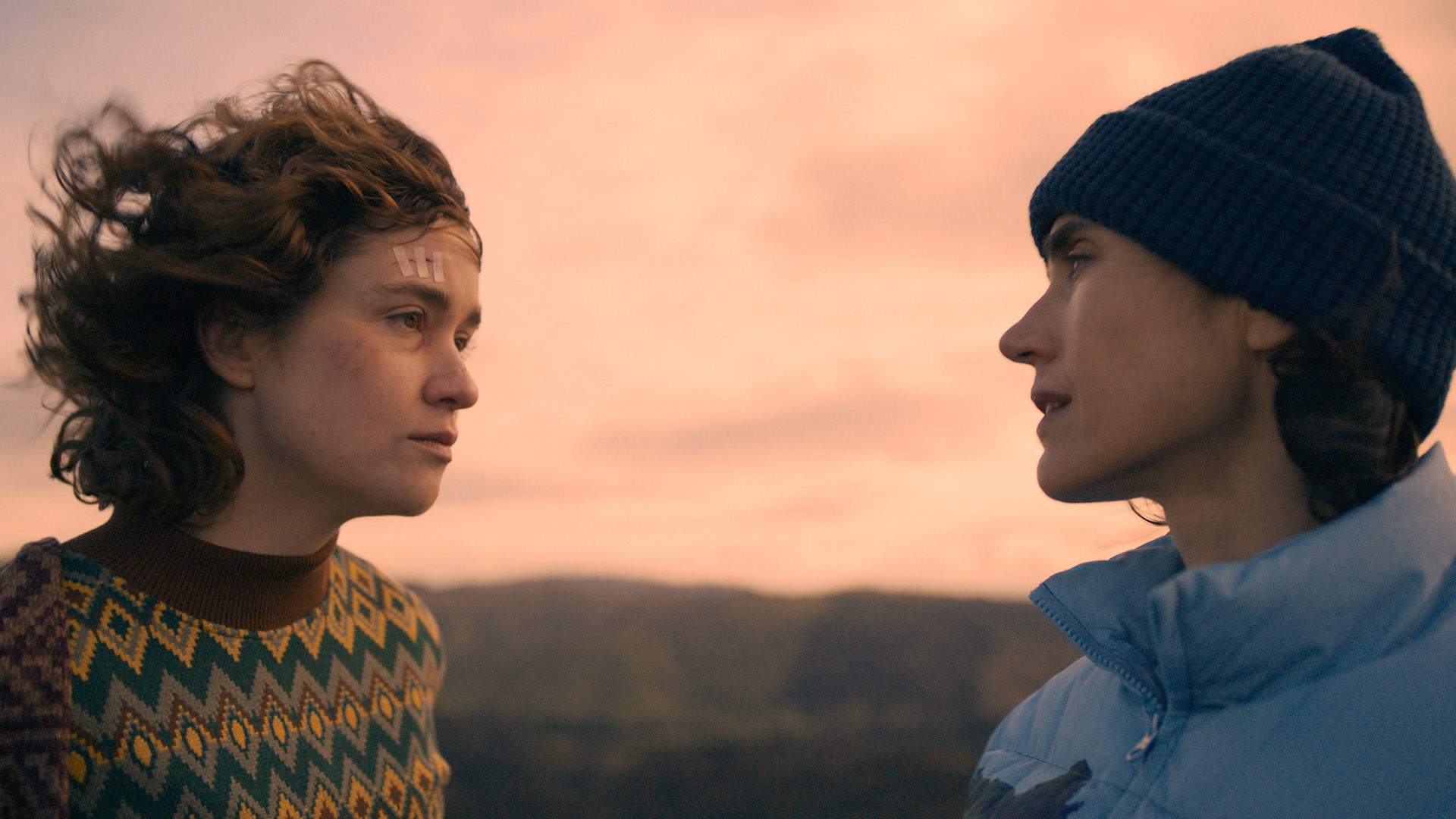Exploring Mother-Daughter Relationships and a "Meta World of Pretend": Alice Englert Chats 'Bad Behaviour'
After growing up on film sets thanks to her mother Jane Campion, then turning to acting as a teen, Alice Englert makes her directorial debut with a bold dramedy about a mother and daughter working in the industry.
When asked about casting her mother, The Power of the Dog filmmaker and two-time Oscar-winner Jane Campion, in a cameo in her directorial debut Bad Behaviour, Alice Englert gives a playful answer: "a star is born". Given that Englert's leap from acting to helming her first feature focuses on a mum and daughter both working in the film industry, there's much that's impish about the movie anyway. This isn't an autobiographical picture. Among the many things that Bad Behaviour is, however — an exploration of mother-daughter relationships, clearly, plus a dive into spiritual retreats, the quest to find oneself and fulfilment, grappling with whether anyone is ever enough, passive aggression, trauma and stunt performers, to name a few of its threads — is a musing on stories. It straddles two worlds where everyone tells tales: screens and wellness. It knows that we're all just spinning narratives to get through the day, too, and it has fun digging into that truth.
There's an easy tale behind Campion taking to the screen for Englert: when the Ginger & Rosa, Beautiful Creatures, Them That Follow, Ratched and You Won't Be Alone star first stood in front of a camera herself, it was in Campion's 2006 short The Water Diary. "Yeah, I did want her in the film. I don't really know why. She always was putting me in stuff and I wanted to get her back," Englert jokes. Again, Bad Behaviour isn't a dramatisation of their relationship, but that's still a fitting answer for this film. So is this: "I liked working for my mum when I did because it was a time where I could just do what she said — and that's all she wanted anyway so, well, now I'm doing it," Englert continues.
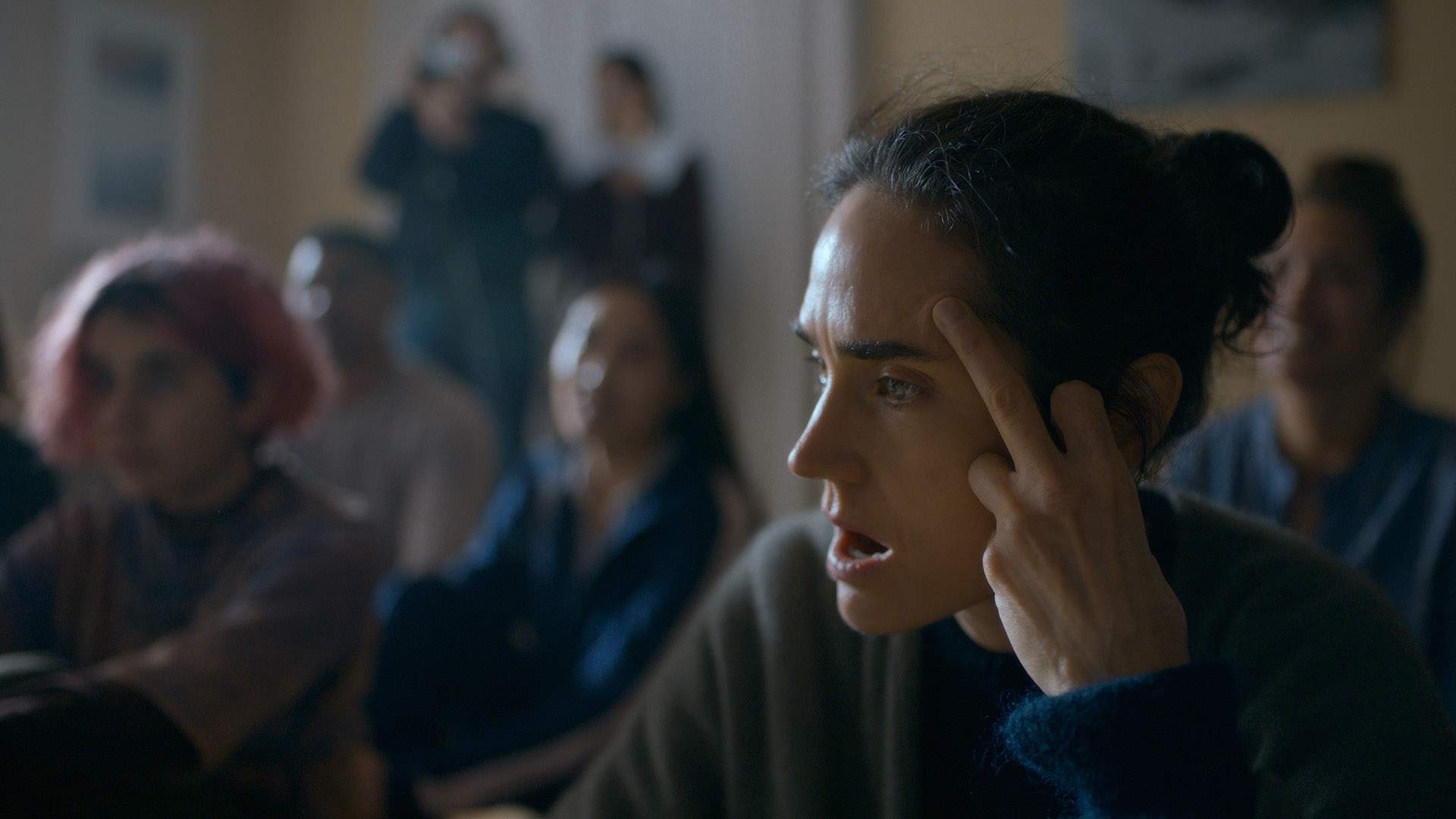
Bad Behaviour builds its story around actor Lucy (Jennifer Connelly, Top Gun: Maverick) and stunt performer Dylan (Englert herself, who not only directs and acts but also wrote the feature's script). The former came to fame as a child star decades back and is far from content with where that fact has led her, while the latter has followed her mother into the industry in her own fashion. They're apart when the film begins — Lucy is checking herself into an Oregon retreat called Loveland Ranch, while Dylan is shooting a movie in New Zealand — but more than geography has separated them for some time. Amid a complicated connection, plus the type of acts and attitudes that the movie's title references, searching for inner peace isn't limited to Lucy's time under guru Elon Bello's (Ben Whishaw, Women Talking) guidance, then, and nor is unburdening life's struggles, troubles and disappointments.
Viewers are meant to see where Englert is riffing on her own history, using it as scaffolding to construct a wholly different tale. Bad Behaviour's audience is also meant to connect to similarities between making meaning on-screen and seeking it away from the lights and cameras, as Lucy and Dylan are both navigating. The playful nod that casting Connelly brings as an ex-child actor stepping into the same fictional shoes isn't something that Englert went looking for, though. That fact tells a tale itself: this is a movie that just kept finding ways to examine a "meta world of pretend", as Englert puts it, including both on-screen and -off.
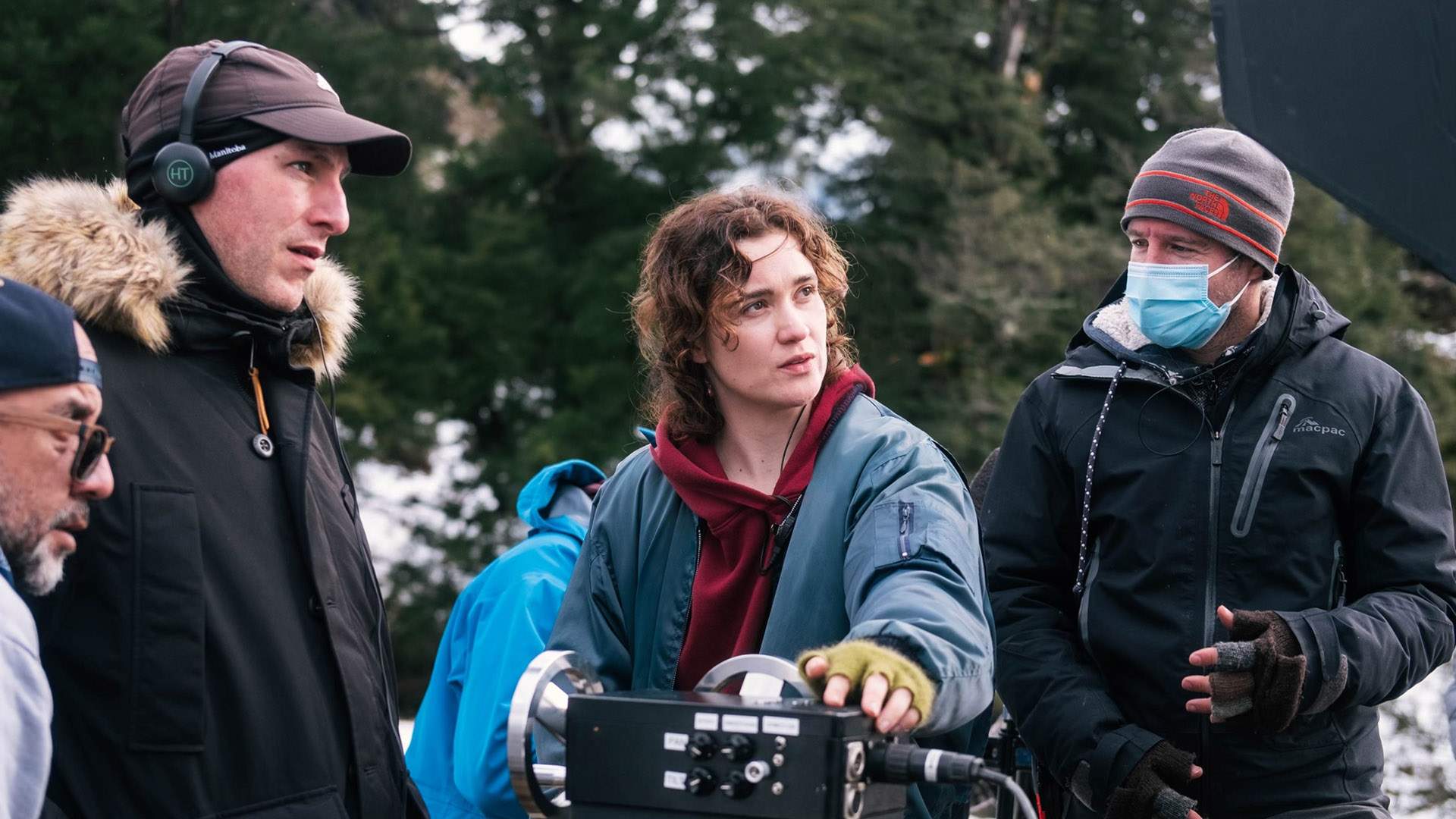
As a filmmaker, Englert takes to her job as someone who has clearly soaked up a lifetime's worth of on-set knowledge; growing up when your mum is making The Portrait of a Lady, Holy Smoke, In the Cut and Bright Star — and then having her cast you in Top of the Lake and The Power of the Dog — will do that. She also pens Bad Behaviour's script with certainty and boldness, all while using Caravaggio's Medusa as inspiration. Watching her film about two women who are screaming even when they're not, it's easy to see how the evocative 16th-century painting provided a spark. Raw emotion beats at the heart of this movie, and within the famed artwork that helped Englert start to mould it.
Mother-daughter dynamics, Medusa, the stories we tell, being "obsessed with Jennifer", giving difficult characters a realistic path, being influenced by Buster Keaton — along with how directing Campion "was so fun", Englert chatted through all of this and more with Concrete Playground.

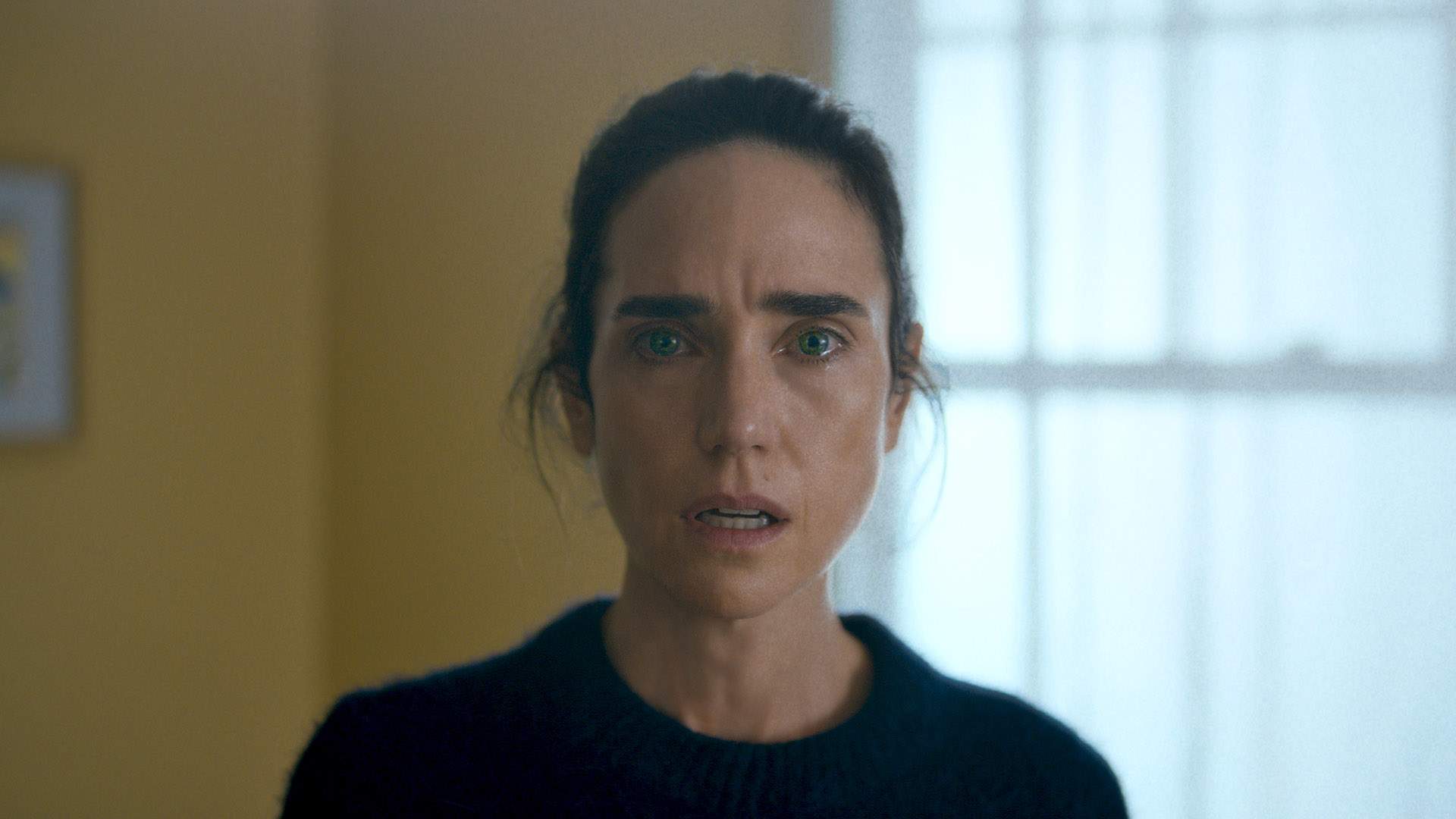
ON FINDING INSPIRATION FOR BAD BEHAVIOUR IN ART, CHILDHOOD NIGHTMARES AND COMPLEX CHARACTERS
"There's this Caravaggio painting of the Medusa head, and there's something in her expression — I'd seen it somewhere when I was a kid, and it was one of those things that I would really try not to think about before I fell asleep because it just had this really compelling and repulsive nightmare quality that seemed to demand my attention, and also just rivet me with fear.
The older I got, the more I wanted to know what that woman feels like now. And the more I felt like I could see these embedded rage shrapnels in the swirlings of people around me, I was just fascinated by it because it felt internalised and embedded, but it didn't feel like it belonged necessarily in those people.
I wanted to talk about the kind of narratives that people are carrying in their lives that they need an exorcism from, and how difficult it actually is to do that in a kind, clean way. And I wanted to see what it looked like for someone who was not really redemptive to still have a cathartic moment.
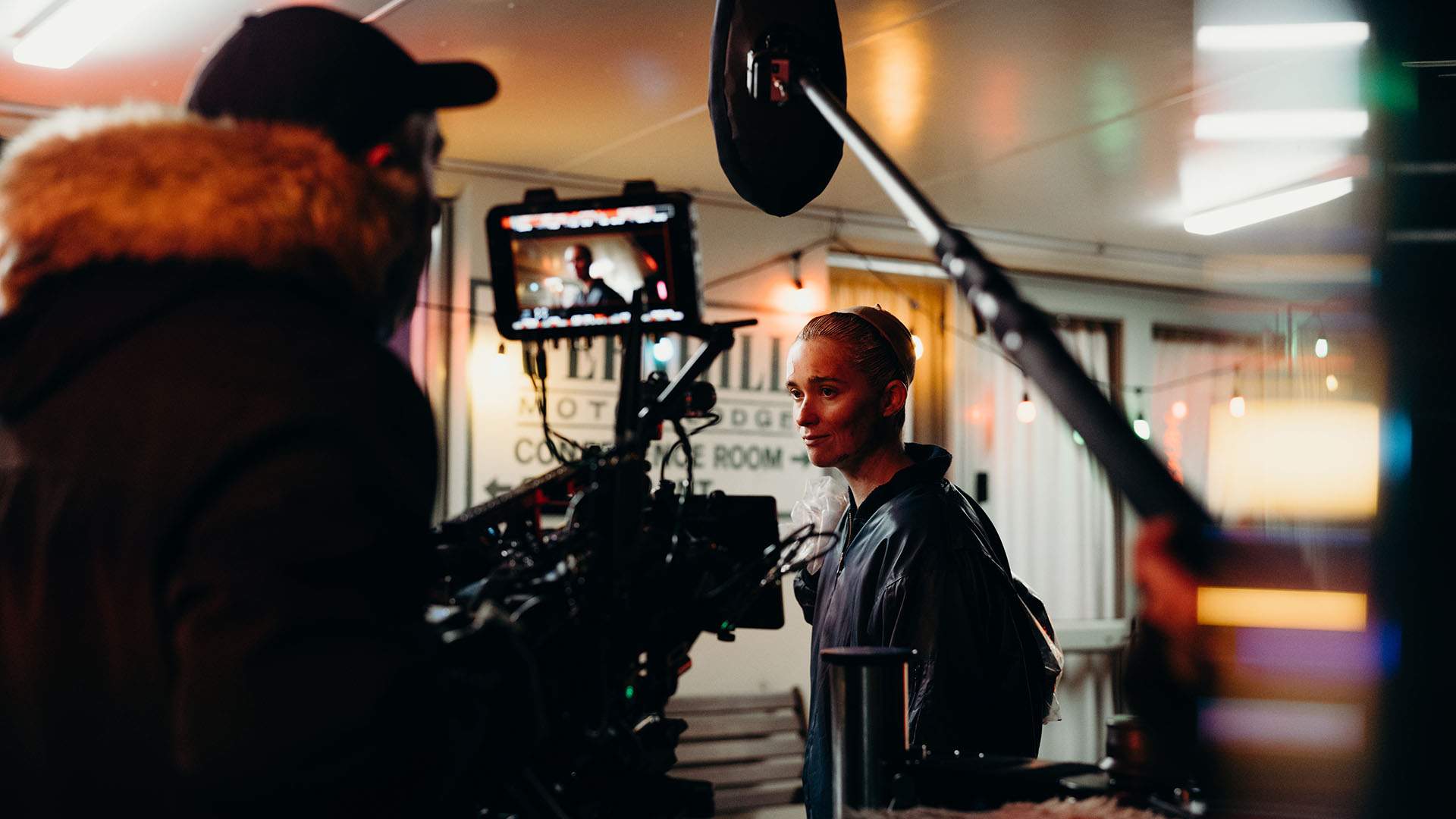
I think a lot of villainous characters or antiheroes maybe exist a lot more in a superhero realm — or a villain will turn right at the end of the story, just in time, but then they'll also get killed conveniently. And I love hero's journeys. I love adventure. I want life to be really stimulating all the time. But I also want it to be real.
I kept trying to go against myself, I guess — my instinct is to just want to be good and want to be heroic, and want things to work. I can feel that this doesn't [always prove the case]. It's not real.
There's always going be a time where you're the villain in someone else's story, where you you play the full spectrum. I wanted to spend a lot of time with a character that was just incredibly in the wrong in what they do and still see what's there, because I think that's actually important."

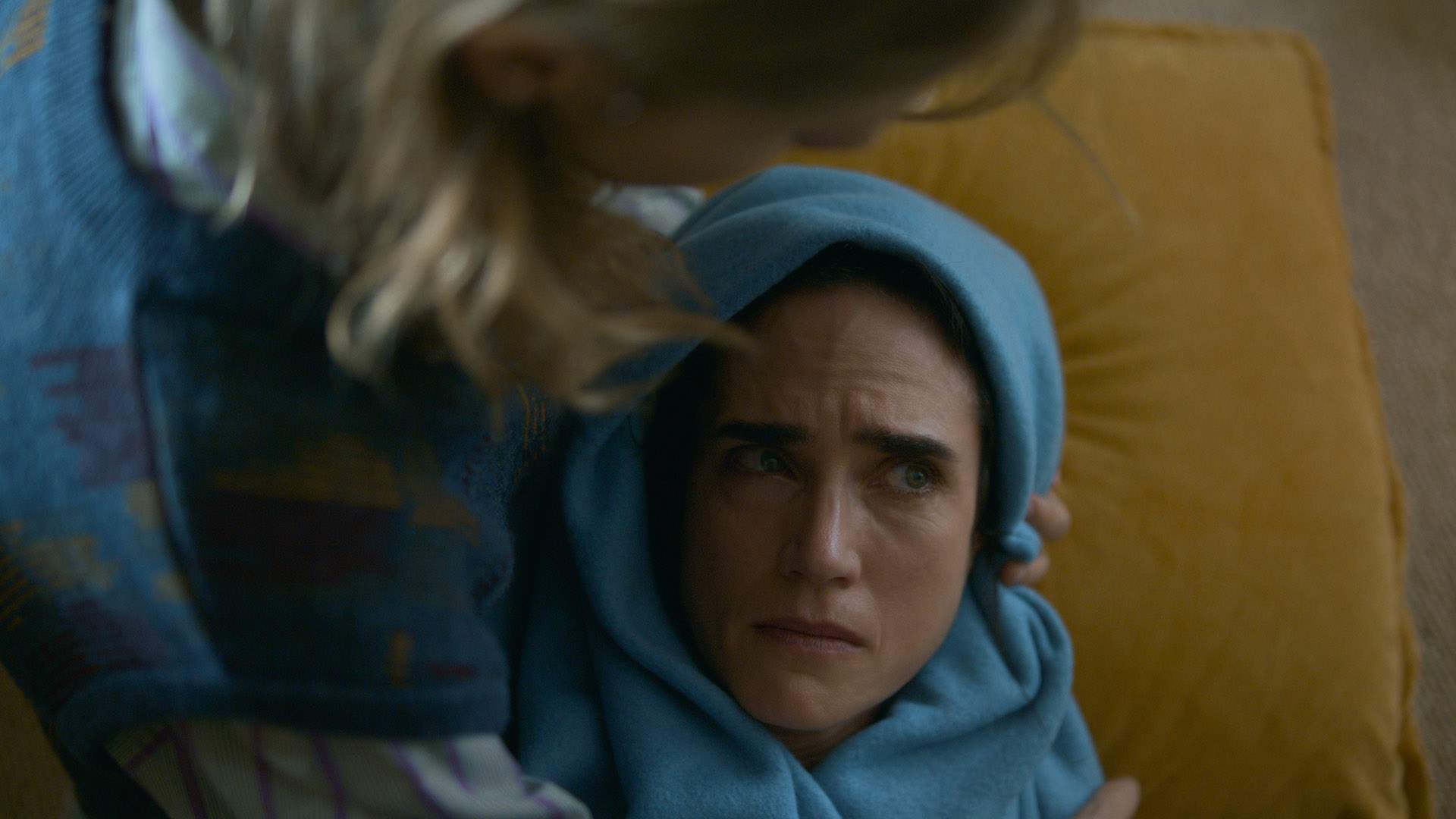
ON DIGGING INTO WHY BEHAVING BADLY AND MAKING MISTAKES DOESN'T MEAN YOU'RE A BAD PERSON
"I wanted to only dig as deep as the story could allow, because one of the things I've experienced in trying to write things — and in being in stuff — is that when you try to solve every issue, or if you try to solve the whole world, you get too heavy-handed and you you start to make things up.
You sort of do bad science. And I really wanted to leave it where Lucy and and Dylan, where those characters were capable of going in this story. And I think it's not even that far.
There's a lot more work. This is really the beginning for them. But it's the first taste of the depths of how much they could have compassion for themselves and each other."

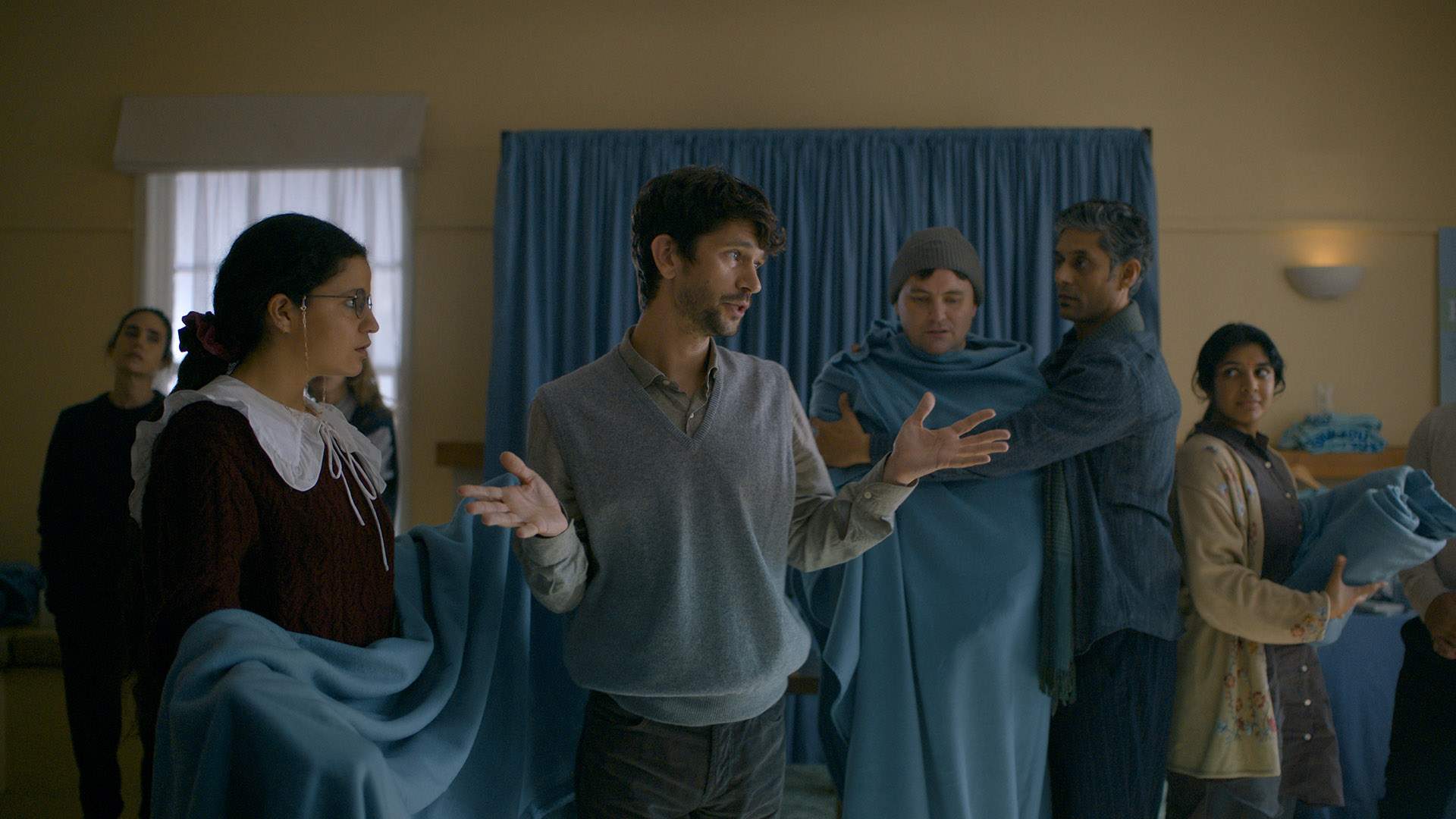
ON SETTING BAD BEHAVIOUR WITHIN THE FILM AND WELLNESS WORLDS
"I feel like the film world and the enlightenment industrial complex frontier line, they're actually kind of similar, and also opposite. Like film is — you're suddenly off with this little cocoon of people, and you have these deep experiences and closeness and you feel really seen, but you're also seeing them without context. What you're seeing, there's a performance of who you are in the realm of the set, and there's then also the performance of what you're doing.
It's also somewhere where a lot of people who do film in that part of the job, I think, maybe feel like they can express themselves in a way in which they feel maybe is a stronger language for them.
Growing up, I always thought my mum was super fluent in her film world. She was a master linguist. They're [Bad Behaviour's characters] also in the film world, creating stories, creating all of the legends and the lore — and then in the spiritual retreat, they're all trying to get out from it, they're trying to get out of the stories and finally let it go, and experience the intimacy of not knowing each other or not being anybody.
I wanted the tension of those two worlds. I like Buster Keaton and physical comedy, I just find it endearing. And I felt like Lucy and Dylan were just doing a classic [bit] — they've sort of got an elastic band around them, and they're both pulling away and then get slapped back together in a heap."

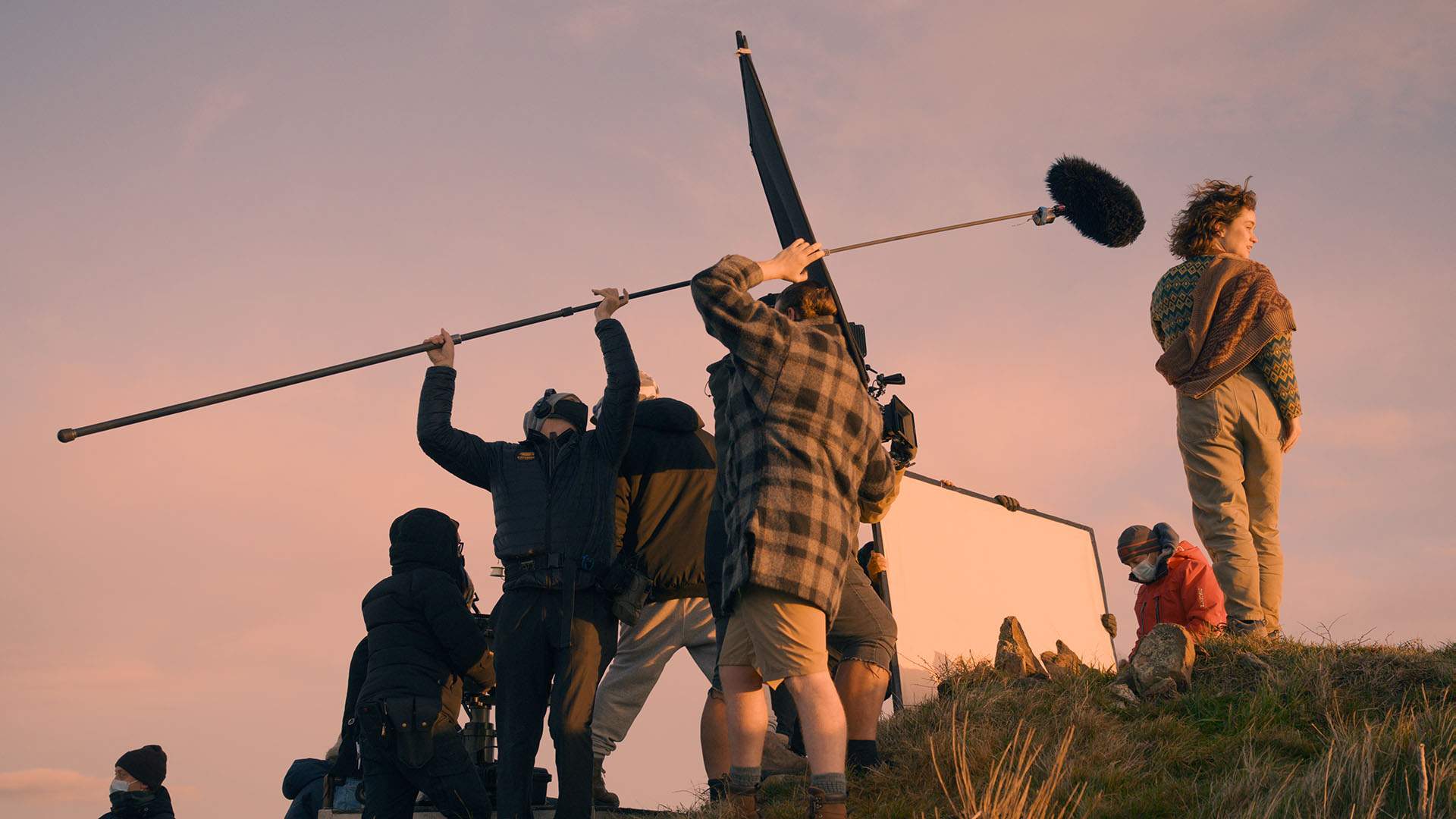
ON EXPLORING EXISTENCES SHAPED BY FILMMAKING, INCLUDING ENGLERT'S OWN
"The meta world of pretend has just been something that I've been fascinated by, and it not just in the film world — it's everywhere.
Everyone's an actor, because just believing something is true — we believe all kinds of different things, but believing it is true doesn't make it true. It makes you act like it's true, and we're all in different levels of it. And I don't know exactly what is true, but I'm on my own path with it.
I love that play aspect that film has, and that I think everybody has. I definitely feel like it was influenced by that for me.
And everyone, we all like stories. It's how we make the world go round. It's how we manage to walk down the street and be like 'people on the street, I'm on the street'. Some of our everyday stories are not written extremely well, like 'off to the shop now', but it's still a story —'I'm a shopping person'."

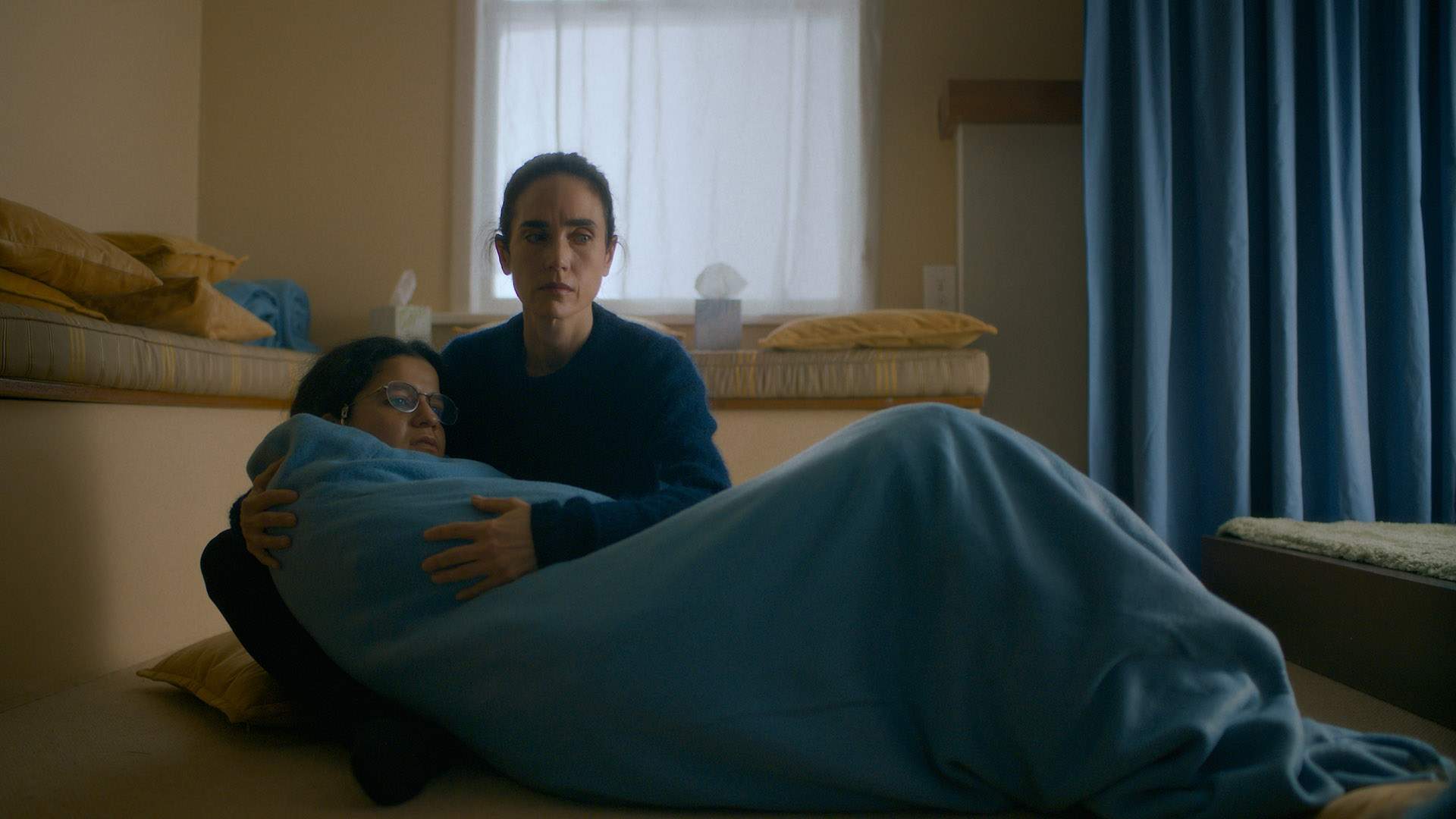
ON NOT SETTING OUT TO CAST A FORMER CHILD ACTOR TO PLAY A FORMER CHILD ACTOR
"Actually I didn't, because also I would have felt a little heavy-handed if I did. But I feel so incredibly lucky because I think that experience is really specific.
I was more of a teenager when I started. But you experience grown-ups and what they want from you, you're meant to do what grown-ups say, and then suddenly they're treating you like one — or suddenly they just blur all the lines and you don't know where your role in it all is.
There's really great people. I've had great experiences as well. But I know that there's lot of really good conversation around what we expect of our legends.
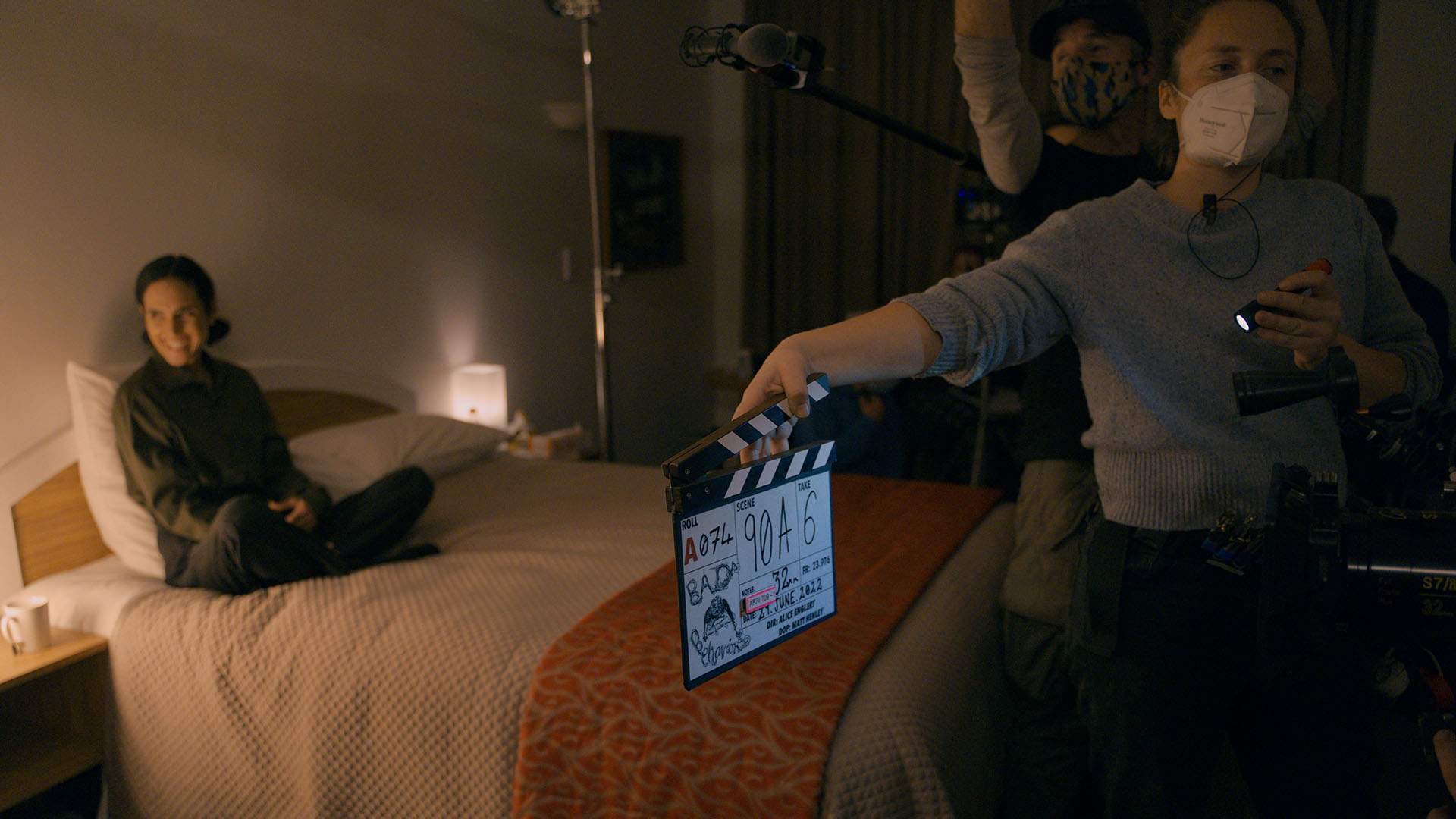
Sometimes when you just think about the way people end up having to be attached to the idea of themselves, it's more like they're following the idea of themselves around than they are getting to be themselves. It's like everybody else has already created such a mythology around who someone is.
I'm obviously not — I'm a low-level player in all this, but I've seen it and it's just a weird thing. It's just weird, and I think lots of people really maintain it and look after their life by having a sort of secret life with just people who they love.
I just think Jennifer's such a massive talent and incredible person as well — just extremely smart and kind, and from the inside out I really love her. I really love her. Yeah, I really love her."

Bad Behaviour is currently screening in Australian and New Zealand cinemas. Read our review.
Behind-the-scenes images: Rebecca McMillan / Marc Weakly.
